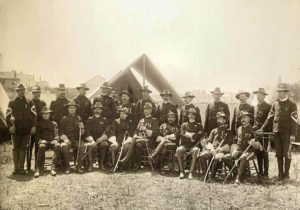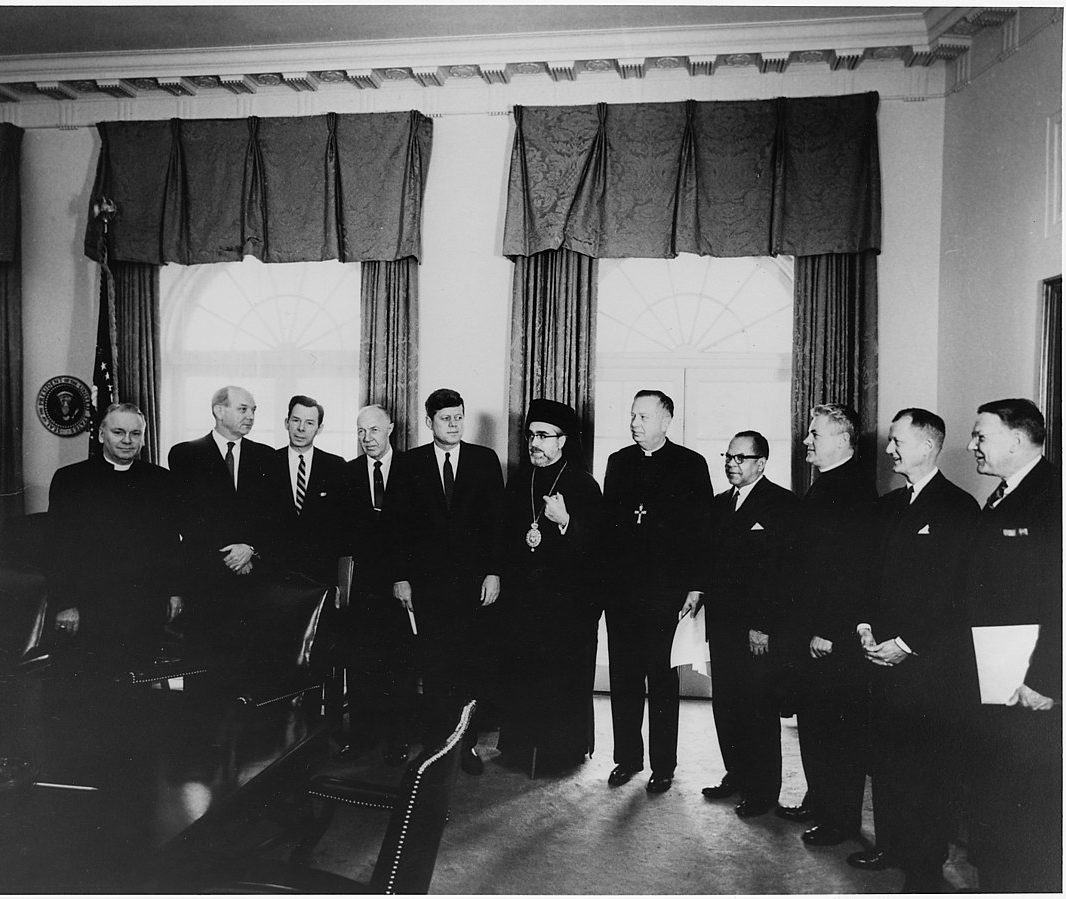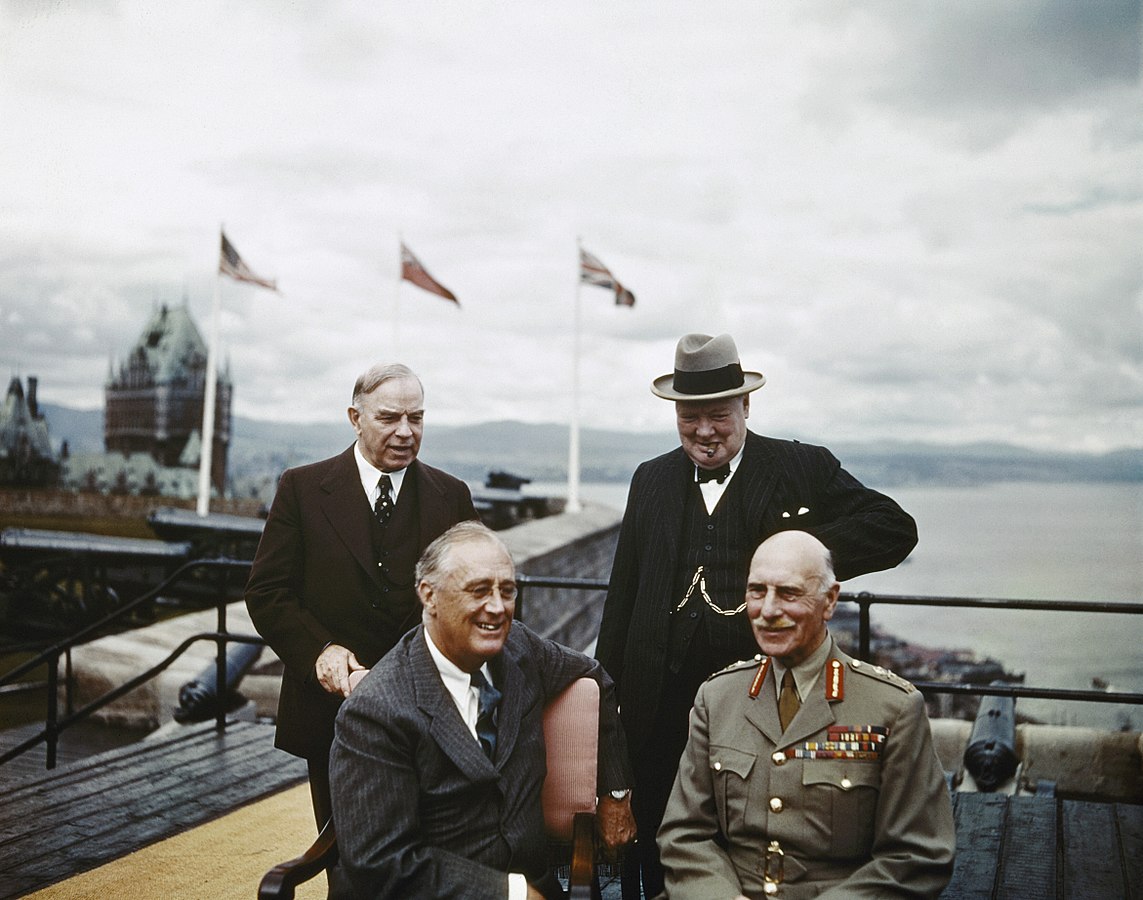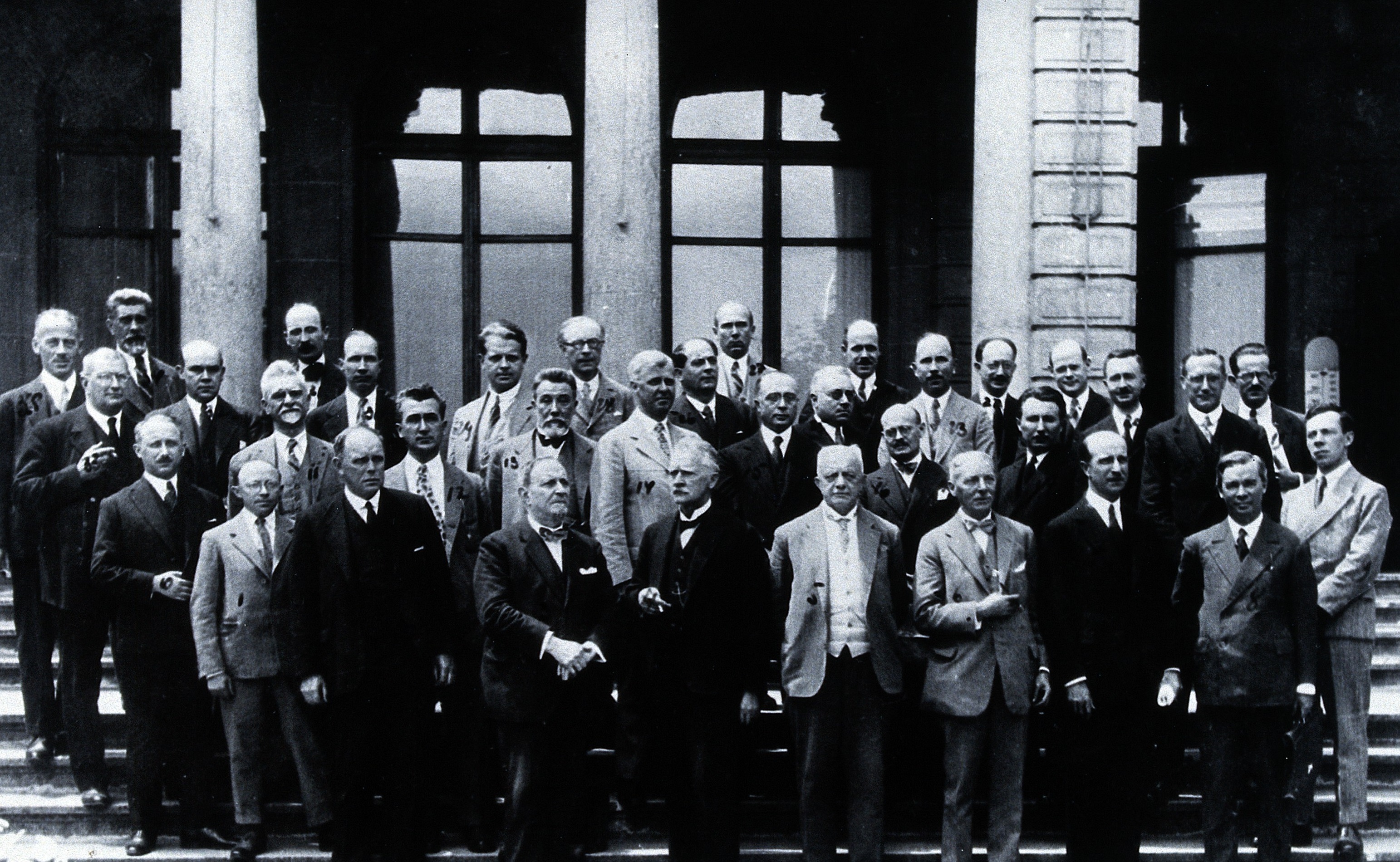The Battle Call of American Protestantism
WASPs tended to identify themselves as uniquely positioned guardians of the nation’s heritage. As their cultural influence had begun waning by World War I, their spokesmen resorted with greater ferocity to a crusading mindset to bolster their influence.
Jeffrey CimminoJuly 20, 2022
An Ecumenical Consensus
In this article, originally published on July 26, 1943, in Christianity and Crisis, John C. Bennett praises the document “The Church and International Reconstruction” issued by the World Council of Churches. He notes that it unequivocally supports public engagement by the Church, organized worldwide political interaction, and consistent condemnation of national shortcomings for all countries, not merely those most culpable.
Christianity & Crisis MagazineMay 10, 2018
American Power and World Responsibility
The United States’ involvement in two world wars indicates clearly that American isolationism is at a practical end, Reinhold Niebuhr asserts in this article, originally published on April 5, 1943 in Christianity and Crisis. Working toward international integration is a national responsibility – morally and in the interests of security. Alliances depend on the will of their members; it is no different for the United States. Niebuhr also warns of a new danger: a unilateral “imperialist” American military establishment, simultaneously preoccupied with hegemony and unconcerned with the rest of the world.
Christianity & Crisis MagazineApril 19, 2018
Why the League Failed: 13 Crippling Shortcomings
The much-maligned League of Nations experienced difficulties and shortcomings, which are visible in the functioning of the modern UN – and to a lesser extent, the International Criminal Court. George Stewart provides no less than thirteen reasons for the League’s failure, foremost among them the United States’ refusal to join, despite President Wilson’s labors as the prime architect. Stewart’s criticism of the League’s weaknesses, in its simultaneous impotence and incompetence, serves as a reminder for the need of robust, yet practical, international structures.
Christianity & Crisis MagazineJanuary 26, 2018




